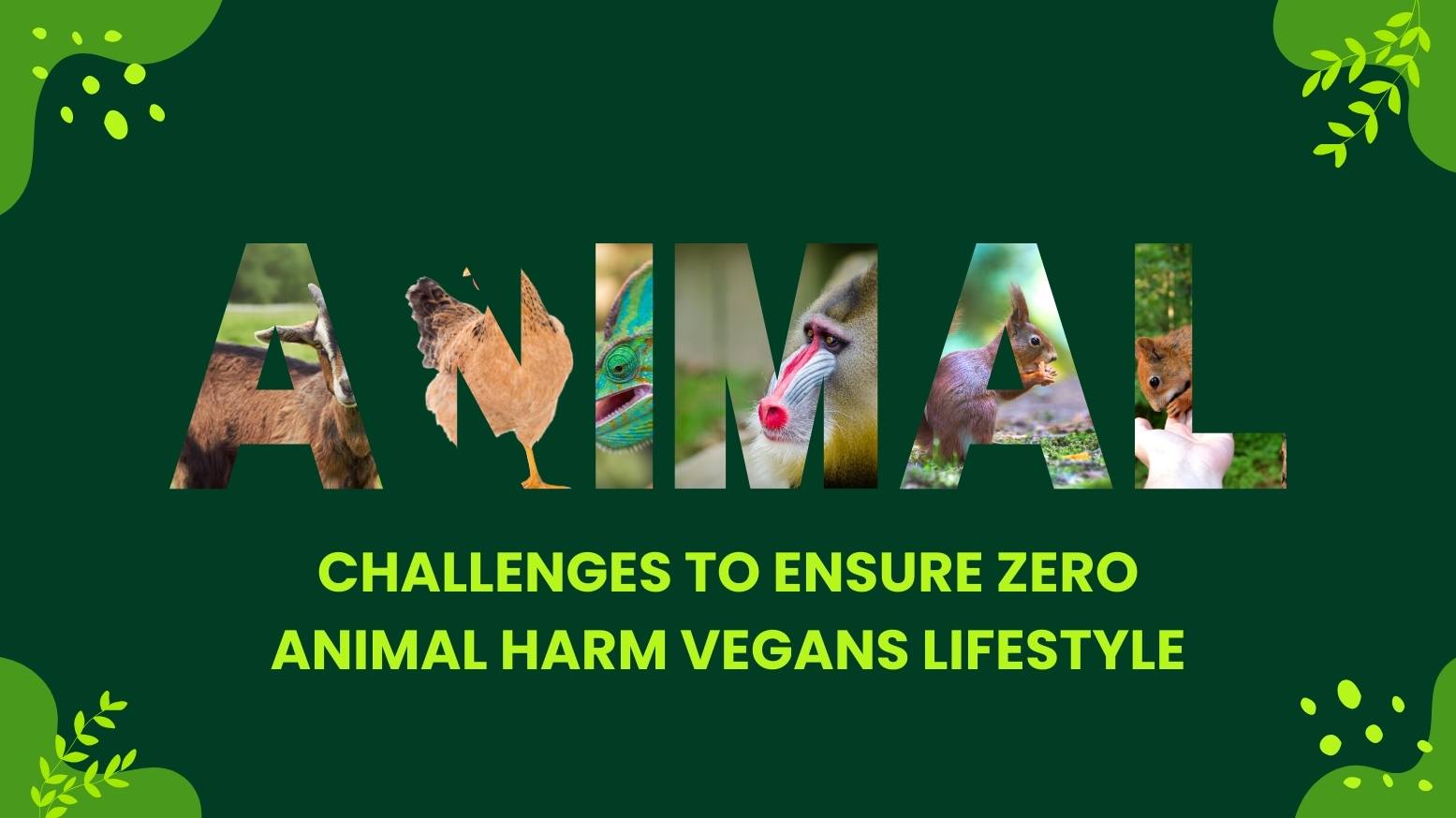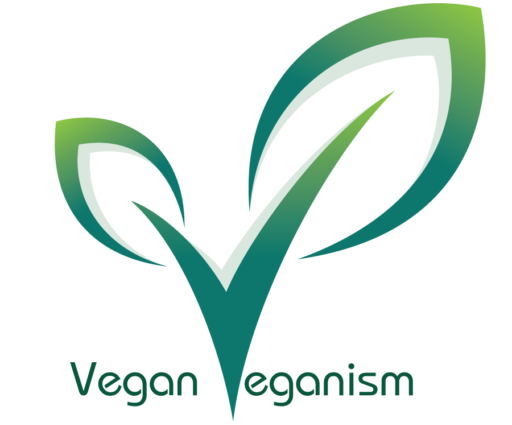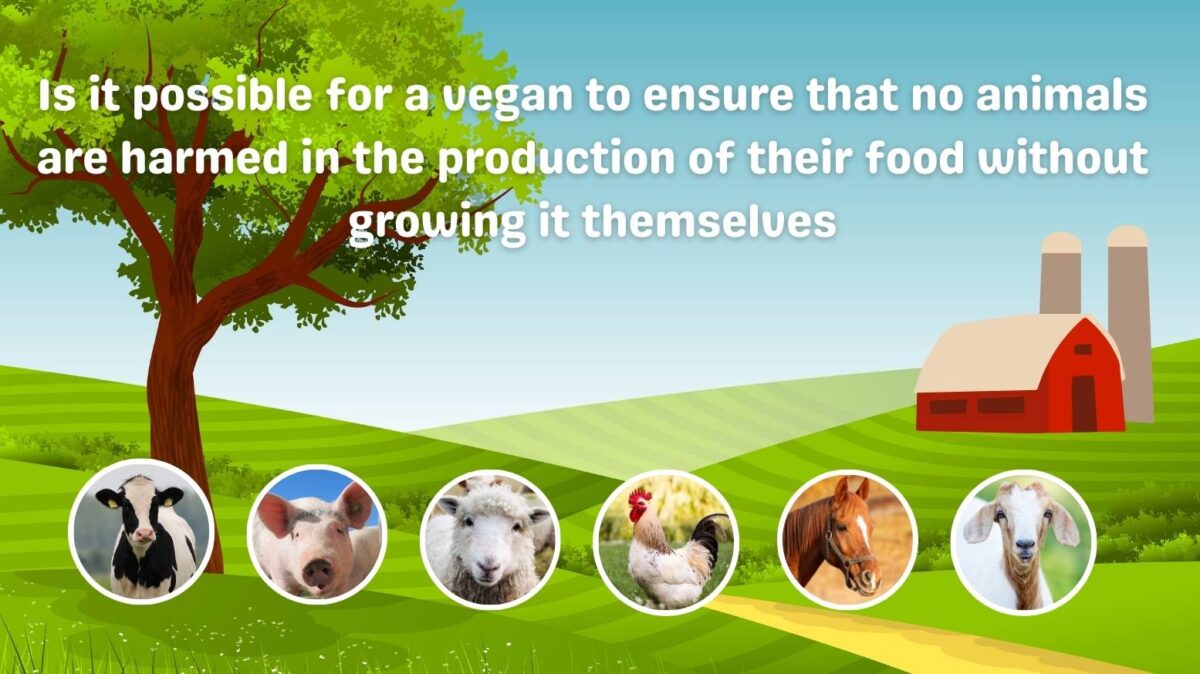A vegan lifestyle is fundamentally centered on a dedication to reducing animal suffering, both directly and indirectly. A vegan’s ethical journey includes making thoughtful food choices that are intended to be in line with compassion and sustainability.
But an important point comes up: Without raising their food, is it possible for a vegan to guarantee that no animals were injured throughout the production process?
How Can Vegans Navigate Challenges to Ensure Zero Animal Harm in Their Lifestyle?

Direct commitment to animal welfare
Vegans adopt a direct commitment to animal welfare, refusing to eat anything that comes from animals to stop the deliberate harm that the industrial agricultural complex does. This moral position emphasizes the idea that every sentient creature has a right to life and freedom.
However, the complexity of the contemporary food production system introduces layers of complexity to this ethical journey.
Understanding the complexities
Vegans intentionally avoid the direct harm that results from intentional animal exploitation, but the reality of indirect consequences clouds the moral picture. Even in plant-based systems, agricultural operations can inadvertently cause harm to animals by using pesticides, disrupting ecosystems, and changing habitats. This poses a challenge to the noble objective of causing no damage to animals.
Understanding the obstacles in present-day agriculture
Unintended consequences are caused by industrial agriculture, which is common in diets that are both plant-based and omnivorous. Large-scale monoculture operations, pesticide use, and changes in land use can all unintentionally degrade ecosystems, displace animals, and damage ecosystems.
The difficulty for vegans is adjusting to a society in which moral quandaries are present in even the production of plant-based cuisine.
A realistic assessment of absolute zero animal harm
It looks like a difficult undertaking to achieve 100% zero animal cruelty within the current food production system. It is difficult to determine the origin and production processes of each ingredient in processed vegan foods due to the complexity of global supply chains, industrial agriculture, and ecosystem interdependence.
Even with the most careful ethical decisions, there is a degree of uncertainty concerning the indirect harm introduced by this intricacy.
Strategies for Ethical Vegan Living
Given the innate difficulties, ethical vegans can reduce their ethical impact by taking calculated risks. Important steps in negotiating the ethical complications of vegan living include supporting sustainable practices, selecting transparent brands dedicated to ethical sourcing, reducing dependence on highly processed foods, and interacting with alternative farming systems.
Promoting systemic change by creating a shared ethical future
As much as it may be difficult to practice veganism with completely zero damage in the existing system, vegans play a crucial role in advocating for systemic change.
Assisting groups committed to ethical and sustainable food systems, having fruitful conversations, and busting misconceptions all help the movement toward positive change.
Achieving absolute zero animal damage is still an emerging goal in the ethical vegan movement. But vegans contribute to a future where human needs and animal welfare are harmoniously considered by taking proactive measures to address difficulties, making educated decisions, and pushing for systemic change.
A more compassionate and sustainable world is being shaped by every ethical decision made on the continuous path toward ethical progress.
You may also like:
- What are people’s reasons for not going vegan
- What is the difference between a vegan and a vegetarian
- Why should a person go vegan
FAQs
1. As a vegan, does growing my food guarantee no animal harm?
While growing your food can increase transparency and control, unintended harm to insects, invertebrates, and displaced wildlife due to land use and pest management still exists.
2. Can I be a truly ethical vegan if I eat processed foods?
Tracing the origin and production methods of every ingredient in processed vegan foods can be challenging, leaving room for potential indirect harm. Opting for whole, unprocessed foods offers more control.
3. Are certain brands more ethical than others for vegans?
Look for certifications like Fairtrade or Rainforest Alliance that indicate a commitment to ethical sourcing and responsible agricultural practices. Research brands and choose those transparent about their supply chains.
4. What can I do beyond my personal choices to minimize animal harm?
Support organizations working towards sustainable and ethical food systems. Engage in respectful conversations about these issues, raising awareness and encouraging collective action.
5. Does being vegan mean I have to be perfect?
Aim for progress, not perfection. Every effort to reduce harm, even if not absolute, contributes to a more compassionate world. Celebrate small victories and keep learning.
6. Will there ever be a way to guarantee zero animal harm in food production?
Currently, this remains an ideal. However, technological advancements, sustainable practices, and ethical consumer choices can move us closer to minimizing harm across all life forms.

